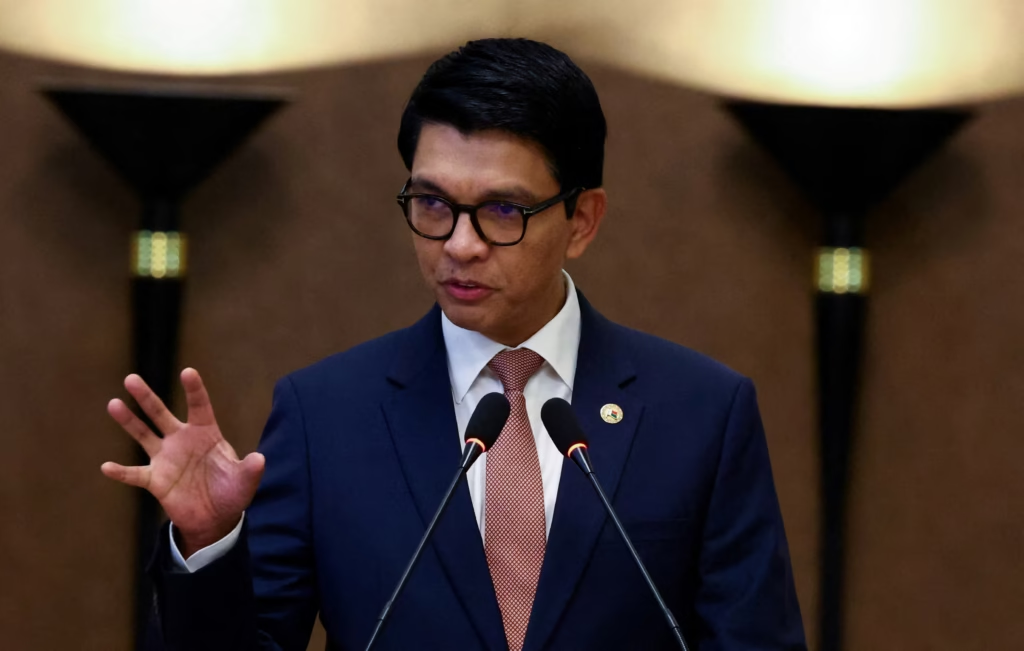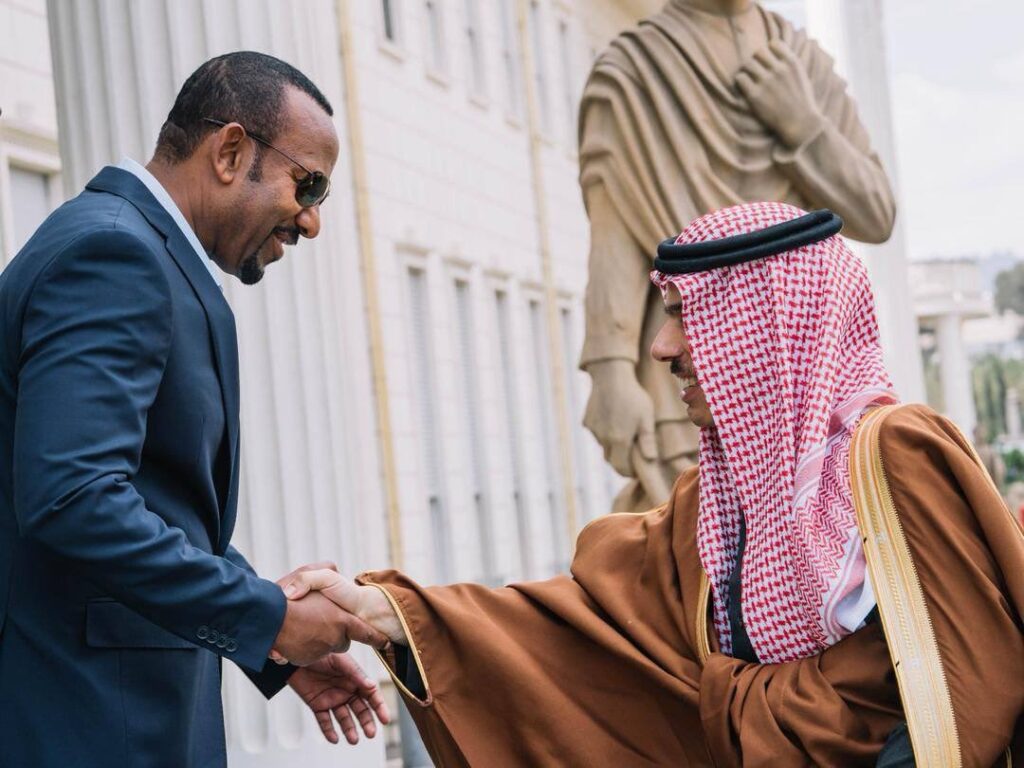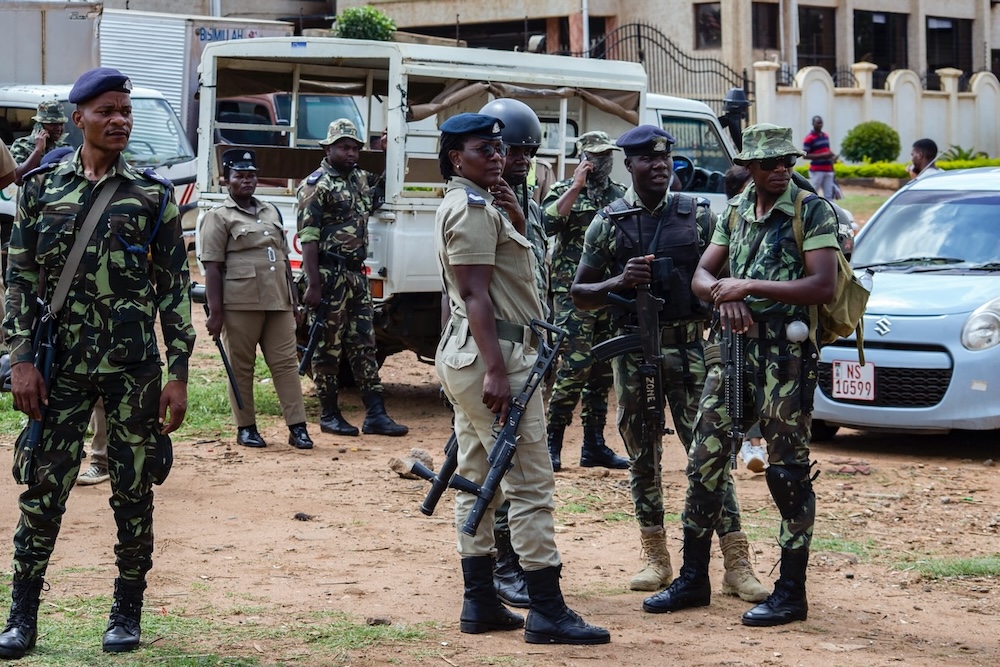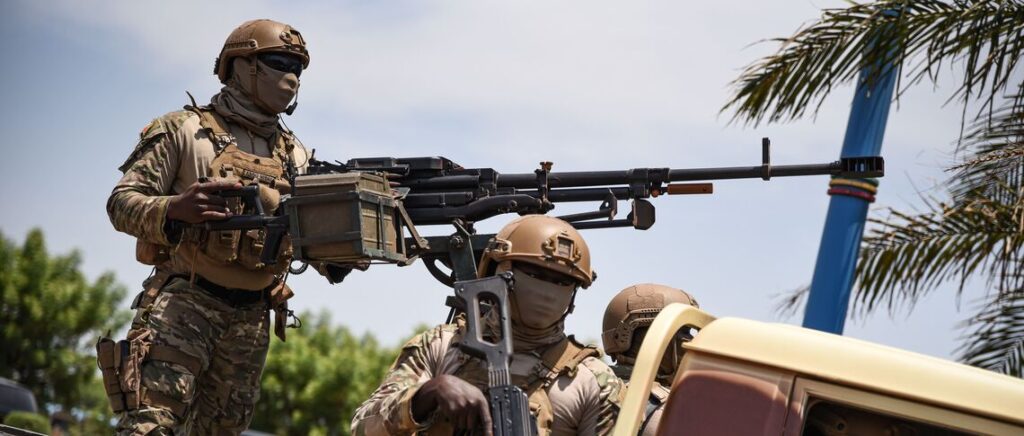
Madagascar’s President Andry Rajoelina fled the country this week after weeks of youth-led protests and an unprecedented split in the security forces, handing power to an elite military unit that has taken control of the capital and moved to install a new interim leader.
The unrest, driven in large part by a Gen-Z protest movement demanding basic services and an end to corruption, accelerated after parts of the army — notably the CAPSAT unit — refused orders to fire on demonstrators and instead sided with protesters. That defection left Rajoelina politically isolated and prompted parliament to move toward impeachment.
Colonel Michael Randrianirina, a senior CAPSAT officer who has emerged as the military’s lead figure, said the forces had taken charge and on Wednesday signalled plans for a transitional rule that could last 18 to 24 months before new elections. The provisional move has been framed by the military as a response to mounting public anger over power cuts, water shortages and economic hardship.
The African Union suspended Madagascar following the takeover and international actors including the United Nations and regional partners expressed concern at the unconstitutional transfer of power while urging a peaceful return to civilian rule.
Rajoelina — who first came to power after a 2009 coup and later won elections to return to the presidency — said in a national address that he had moved to a safe location to protect his life and vowed not to allow the country to be destroyed, but his office has not indicated when or whether he will return. His exact whereabouts were not publicly confirmed.
Analysts warned that while many protesters welcomed the army’s intervention as an opportunity for reform, military rule carries its own risks and raises questions about the timetable and credibility of any transition back to elected government. The military’s suspension of key institutions and reports that it has dissolved several state bodies have heightened concerns about governance and rule-of-law safeguards.




